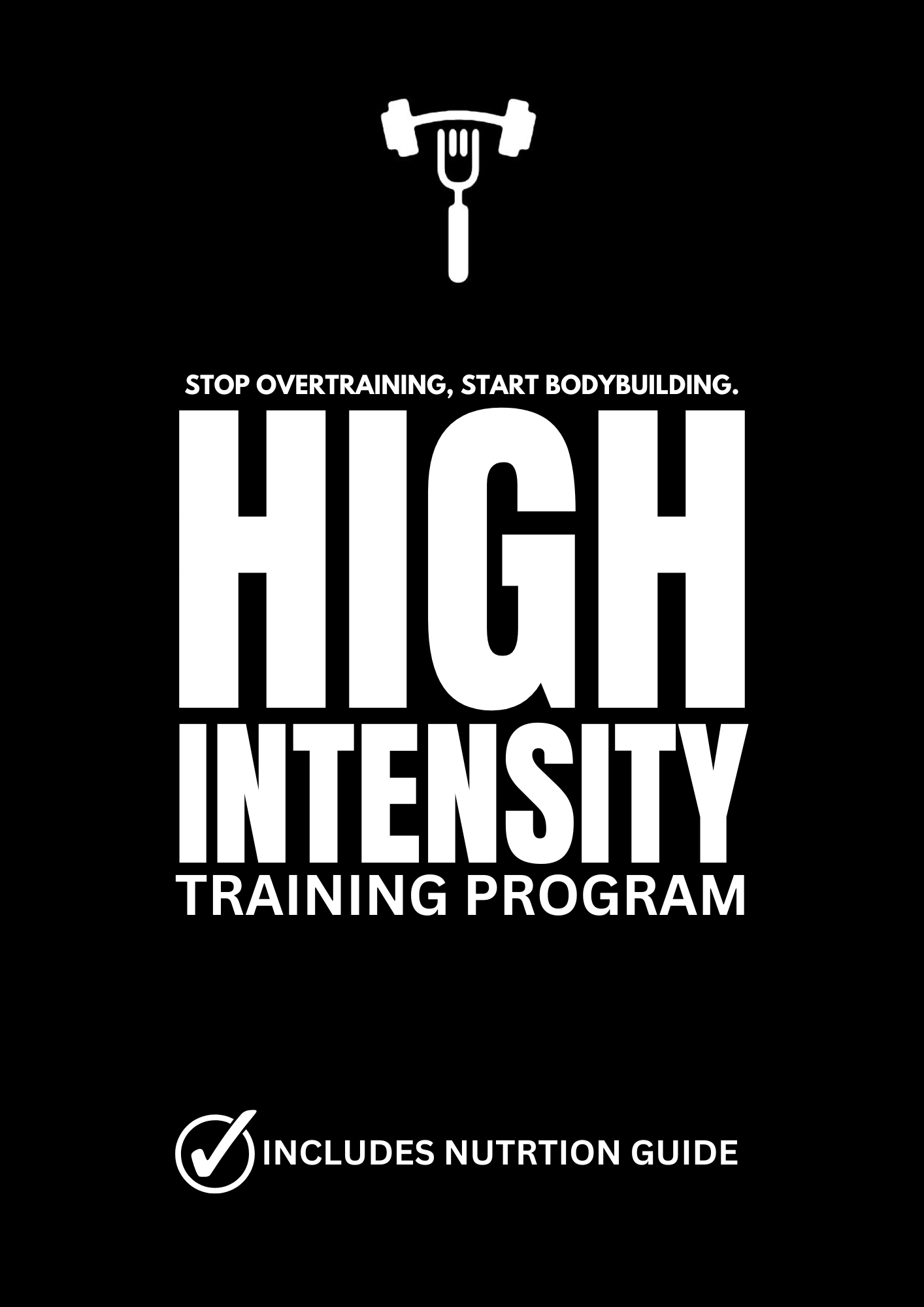The Case for Working Out One Day a Week: A Different Approach to Fitness

In the realm of fitness, the prevailing wisdom often emphasizes frequency and consistency. The mantra of "more is better" dominates many workout routines, with six days a week being a common prescription for achieving optimal results. However, there exists an alternative philosophy that challenges this notion, advocating for a minimalist approach to exercise. This approach, rooted in the principles of High-Intensity Training (HIT), suggests that working out just one day a week can yield significant benefits for both body and mind.
At first glance, the idea of exercising only once a week may seem counterintuitive or even lazy to some. After all, aren't we supposed to be pushing our bodies to the limit regularly to see progress? The answer, according to proponents of HIT, lies in the quality of the workout rather than its frequency. Instead of spending hours in the gym every day, HIT advocates advocate for brief, intense sessions that stimulate maximum muscle growth and strength gains.
Central to the HIT philosophy is the concept of intensity. Instead of focusing on the quantity of exercises or sets performed, HIT prioritizes the quality of each repetition. By pushing muscles to the point of momentary muscular failure – the point at which further repetition becomes impossible despite maximal effort – HIT aims to trigger the body's adaptive response, leading to muscle growth and strength improvements.
One of the key figures associated with the HIT philosophy is often not explicitly mentioned, but his ideas have had a profound impact on the approach – Mike Mentzer. Known for his unconventional methods and dedication to efficiency, Mentzer advocated for infrequent, high-intensity workouts as a means of achieving optimal results. While Mentzer's name may not be widely recognized outside of fitness circles, his influence on the development of HIT cannot be understated.
So, why choose to work out only one day a week rather than six? The answer lies in the principles of recovery and adaptation. Contrary to popular belief, muscles do not grow during exercise but rather during periods of rest and recovery. By allowing sufficient time between workouts, the body can repair and rebuild muscle tissue, leading to strength gains and improved performance.
Moreover, the benefits of working out one day a week extend beyond physical changes. With only one session to focus on, individuals can dedicate their full attention and energy to each workout, maximizing the effectiveness of their efforts. This approach can also prevent burnout and reduce the risk of overtraining, common pitfalls associated with frequent exercise.
Furthermore, working out one day a week can be more sustainable for many people, particularly those with busy schedules or competing demands on their time. Rather than feeling obligated to spend multiple hours in the gym each week, individuals can achieve meaningful results with a minimal time commitment.
Of course, the effectiveness of any workout regimen ultimately depends on individual goals, preferences, and circumstances. What works for one person may not work for another, and it's essential to find an approach that aligns with your unique needs and lifestyle.
In conclusion, while the idea of working out only one day a week may seem unconventional, it is rooted in a valid and effective fitness philosophy. By prioritizing intensity over frequency and allowing for adequate rest and recovery, individuals can achieve remarkable results with minimal time investment. Whether you're a seasoned athlete or just starting on your fitness journey, consider exploring the principles of High-Intensity Training and discover the benefits of a minimalist approach to exercise.

